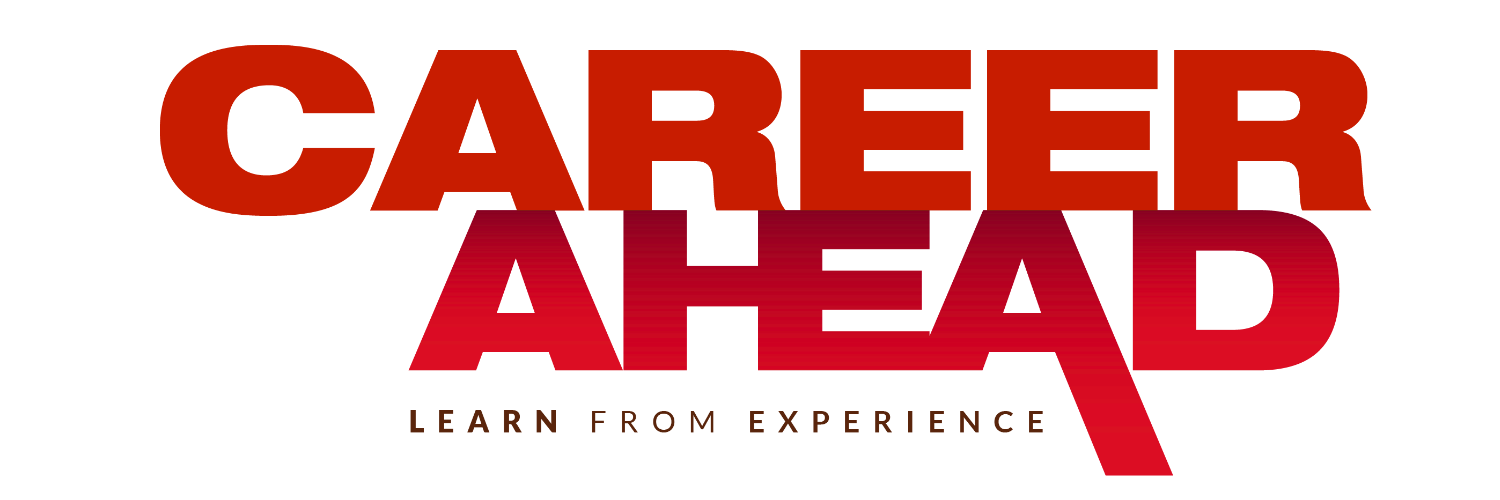No products in the cart.
Careers in Web3
Dive into the world of Web3 and explore the growing demand for skilled professionals in the Web3 space. Learn about the potential impact of Blockchain technology on various sectors, from finance to healthcare. Discover the different roles available in Web3 organizations, such as blockchain engineering, development, and community management. Engage with the blockchain community and gain the knowledge to start a successful career in this transformative industry.
Web3 Economy, Metaverse, NFT and the underlying technology Blockchain, have become mainstream in 2022.
Everyone talks about Web 3.0, Crypto, and DeFi redefining business models. The Blockchain technology is in an evolving phase currently – similar to where the internet was in the 1990’s – and I believe anywhere between 8 to 10 years from now, Blockchain Tech will be dominating the internet world with the potential to disrupt how we exchange value, transfer ownership, and verify transactions. This is an outcome of the inherent capabilities of the underlying principles and technology. And that’s why more and more people are trying to start a career in Web3. The growing adoption of blockchain, cryptocurrencies, and the products it supports demonstrates the paradigm shift happening slowly from the centralized server model to decentralized networks. The technology, with its outset to provide permissioned and permissionless networks, is primarily driven through economic incentive models for stakeholders involved and sybil resistance mechanisms embracing the transparency and security. It is laying the foundation for new business models and relocation of value, globally, across the industry.
The Blockchain technology disrupts all sectors with its primary imprint on the financial services sector. As of today, the technology is creating new sustainable business models in varied sectors like supply chain, healthcare, pharma, public sector, and telecom. There are so many revolutionary use cases, such as voting, Digital identity through SSI, Tokenization, DAO’s and Traceability solutions among others. There is rapid innovation happening in the field, new ways of thinking giving rise to new products, business models, and means for people to collaborate and build. As such, there is an increasing demand for skilled people to join the Web3 space and more and more people are willing to transition from Web2 to Web3 domain. This also means that a wide range of companies are looking for people who have basic knowledge of Web 3.0 and are eager to learn, and currently there are endless opportunities for a career in Web3. With this kind of knowledge, one would be able to work at Blockchain Infrastructure development companies like Consensys, Hyperledger Foundation, Corda; start-ups like SettleMint, Alchemy; consulting companies like Deloitte, KPMG; Big Tech & Enterprises like Amazon, Standard Chartered Bank, which are moving to Web3 space. The spectrum of roles in the blockchain domain varies according to the company /product /value the company provides.
The tech stack behind a Dapp (decentralized application) involves different layers, showcased as under:
- Infrastructure Layer – Infrastructure to operate the peer-to-peer nodes
- Network and Protocol Layer – Network participation requirement, based protocol and consensus mechanism
- Services Layer – Blockchain services to enable operation of the application and connection to other technology
- Application Layer – Customer interaction, business logic and User interface design
Like in any other technology, Web3 organizations or those building for Web3 require various professionals across functional domains. Some of the roles can be segregated as follows:
- Blockchain Engineering – Engineers building, developing, and maintaining the infrastructure layers (Layer 1, Layer 2, or roll ups)
- Blockchain Developer – Engineer building on Solidity (Ethereum) or Rust (Solana) utilizing various development tools
- DevOps Engineer – Defining and implementing DevOps best practices
- Blockchain Architect – Developing the tech stack of the application
- Community Manager – Enhancing the Growth of the Product and engaging and collaborating with users
- Partnership Manager – Enabling strategic partnership with key stakeholders and users
- Growth Manger – Enabling new revenue streams and markets that business can utilize to grow
- Developer Manager – Building a technically focused developer community and leading programs to enhance the ecosystem growth
- Product Marketing Manager – Planning Development and Marketing of Product GTM initiatives and Product Enhancements
The blockchain technology is a team sport and driven through community. It’s all driven through consensus, so community is most important. There are multiple ways one can participate at a student level and engage through different channels:
- Open-Source Community – Like Hyperledger Foundation through its Indian chapter advocates Student Society to bring together the next generation of developers and users
- Reddit/Medium/Discord/Twitter – Collaborate and communicate through chat and discussion forums across different blockchain product companies, engaging with experts available
- Special Interest Groups – These provide a forum for focused discussion on blockchain solutions for specific industries like supply chain, capital markets, public sector, etc.
For those who are interested to learn further, I would recommend starting with the basics of blockchain technology. It would help if you understood what blockchain is and how it works on a conceptual level and then start with an intermediate course explaining the technical nuances.











